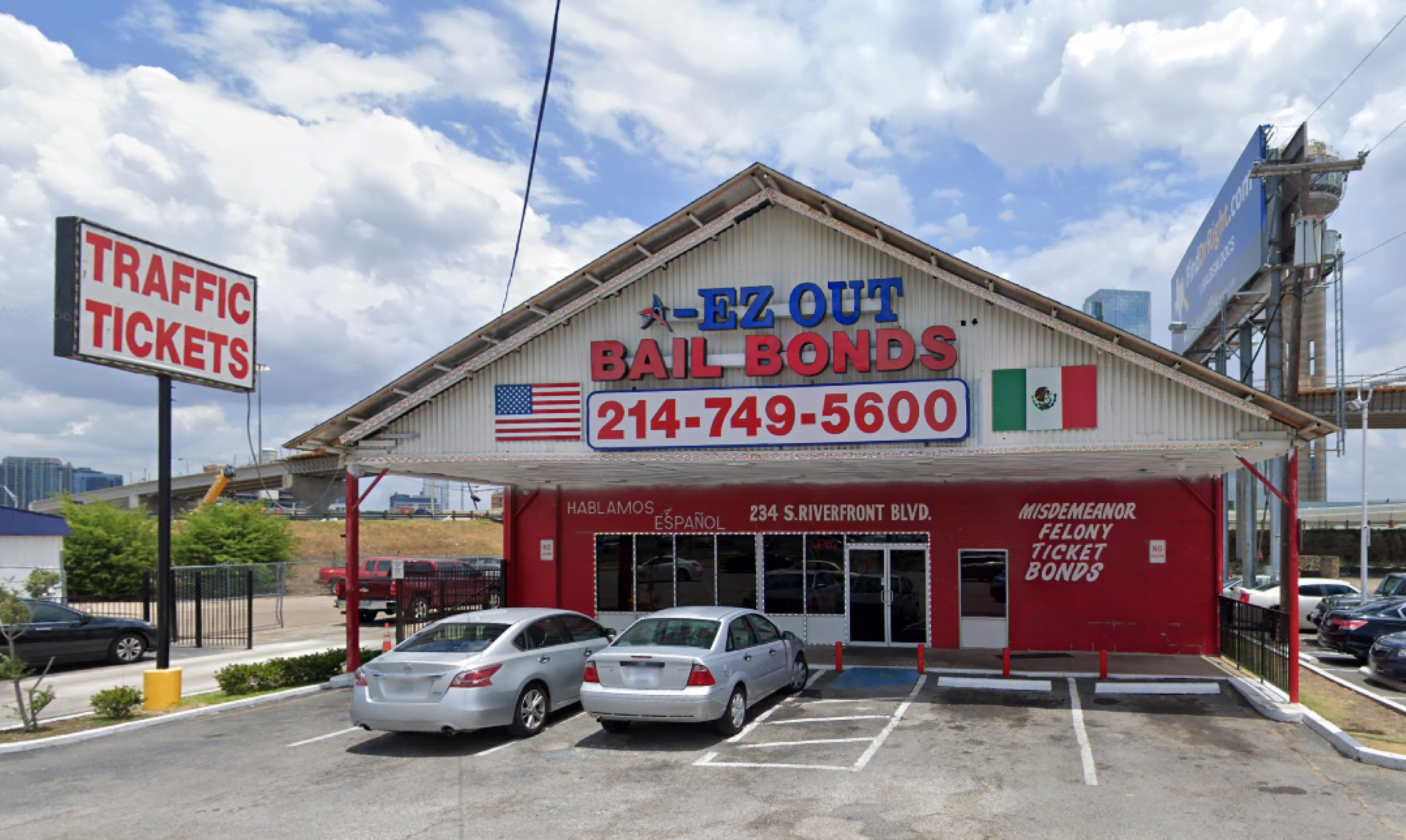Vital Tips for Picking Bail Bonds Richland County for Your Situation
Vital Tips for Picking Bail Bonds Richland County for Your Situation
Blog Article
The Function of Bail Bonds in Making Sure a Fair and Reliable Judicial Process
The role of bail bonds in the judicial process is complex, discussing problems of justness, performance, and economic difference. While they offer a critical device for defendants to protect pretrial release, bail bonds likewise raise essential questions about equality and justice. Exactly how do these monetary instruments impact the civil liberties of the implicated, and what are the broader effects for our lawful system? As we check out the lawful frameworks and social considerations surrounding bail bonds, we need to also take into consideration the recurring difficulties and reform initiatives that aim to balance specific flexibilities with public safety.
Comprehending the Bail System
Navigating the ins and outs of the bail system is vital for understanding exactly how individuals accused of criminal activities are momentarily released from custodianship while awaiting trial. At its core, the bail system is designed to ensure that an accused person returns for court looks while allowing them to preserve their daily life during the interim. The process starts as soon as an offender is charged and brought previously a judge, who figures out the bail amount based on elements such as the seriousness of the supposed infraction, the defendant's criminal background, and possible trip danger.
Bail can take different types, consisting of money bonds, residential property bonds, and surety bonds. A money bond calls for the complete bail total up to be paid upfront, which is refunded upon case resolution. Building bonds involve promising tangible assets as security. Guaranty bonds, often helped with by bail bond agents, allow defendants to pay a portion of the bail amount, with the agent offering a monetary assurance to the court.

Lawful Structure and Laws
The legal framework and guidelines regulating the bail system often play an essential function in forming its application and justness. These lawful constructs are mostly focused on balancing the rate of interests of the accused, the targets, and society. Legal stipulations, instance legislation, and procedural regulations jointly create the structure upon which the bail system runs. When establishing bail., secret regulations such as the Bail Reform Act establishes out standards that identify eligibility, problems, and aspects considered by courts.
Judicial discretion is another keystone of the bail procedure, equipping courts to examine the nuances of each instance. This discretion is directed by a series of legal factors, including the severity of the violation, flight danger, and possible danger to the neighborhood. Additionally, guidelines typically offer various kinds of bail, such as money bail, surety bonds, and release on recognizance, each with distinct requirements and ramifications.
Furthermore, reforms in recent times have actually looked for to address systemic injustices, such as financial differences and racial biases, influencing bail choices (bail bonds richland county). These reforms aim to enhance the fairness of the judicial process, making sure that the lawful structure adapts to contemporary societal needs while keeping public safety and due process
Effect On Accuseds' Legal Rights
While the bail system is created to make sure both the accused's look at test and the safety and security of the area, it considerably affects defendants' rights, specifically when misapplied or influenced by inequitable elements. At its core, the demand for bail can weaken the anticipation of virtue, an essential concept of justice. Defendants who can not afford bail might deal with long term pretrial apprehension, which can cause loss of housing, work, and family members interruption, thus impacting their capability to mount an effective protection.
In addition, the bail system can worsen existing inequalities. Those with restricted funds may be coerced right into pleading guilty to lesser fees to accelerate release, irrespective of their real regret or virtue. This vibrant increases issues concerning the justness and integrity of the judicial procedure, as it might oblige individuals to decriminalize decisions based upon monetary constraints instead of the qualities of their situation.
Additionally, the emotional impact of pretrial apprehension can impair an offender's mental health and decision-making capability, further infringing on their rights. The system's dependence on monetary bail typically fails to think about different steps, such as electronic surveillance or community guidance, which can balance public safety and security with supporting offenders' legal rights.
Economic and Social Factors To Consider

From a more comprehensive social perspective, the bail system contributes to click over here broader social inequalities. Communities with high rates of pretrial apprehension experience raised instability, as people that could otherwise add favorably to their areas find themselves entangled in the justice system. This phenomenon can fuel cycles of destitution and crime, weakening public safety and neighborhood cohesion.
Additionally, the economic implications prolong beyond individual defendants, as taxpayers pay of maintaining overcrowded detention facilities. This questions about the allotment of public resources and the effectiveness of such expenditures in achieving justice - craven bail bonds mansfield ohio. Resolving these social and financial considerations is vital for a much more equitable judicial procedure that prioritizes both justness and performance in its operations
Challenges and Reform Efforts
Navigating the difficulties of the bail system exposes a complex web of lawful, social, and financial concerns that require comprehensive reform initiatives. The existing system typically overmuch impacts low-income defendants who are unable to manage bail, leading to long term pretrial apprehension.
These tools aim to change cash bail with non-monetary conditions of release. Additionally, some states are carrying out legislative modifications to get rid of or limit cash bail for non-violent offenses.
However, these reforms are met with objection and challenges, specifically worrying the precision and fairness of risk analyses and prospective biases. Successful reform needs partnership amongst policymakers, attorneys, and neighborhood stakeholders to make sure that the modifications promote justice without compromising public safety.
Verdict

Surety go to website bonds, usually helped with by bail bond agents, permit accuseds to pay a portion of the bail quantity, with the representative supplying a financial guarantee to the court.
Secret regulations such as the Bail Reform Act sets out standards that figure out eligibility, conditions, and elements considered by courts when establishing bail.
In addition, guidelines commonly give for different types of bail, such as cash money bail, guaranty bonds, and launch on recognizance, each with unique demands and implications.
While the bail system is developed to make sure both the accused's look at trial and the security of visit their website the community, it substantially affects accuseds' rights, specifically when misapplied or affected by inequitable elements.The bail bond system plays a crucial duty in stabilizing the judicial procedure by giving economic devices that assist in offenders' release while waiting for trial.
Report this page